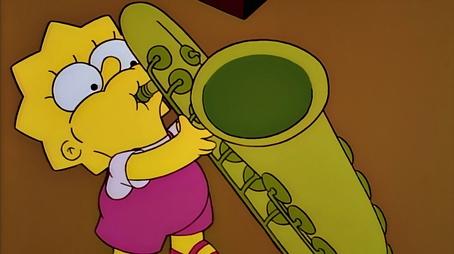
Sorry, we have not watched this yet.

After Lisa’s saxophone is destroyed, the Simpsons reminisce about how she originally got the instrument. On the hottest day of the year, Homer must decide whether to buy an air conditioner or replace Lisa’s sax.
Sorry, we have not watched this yet.